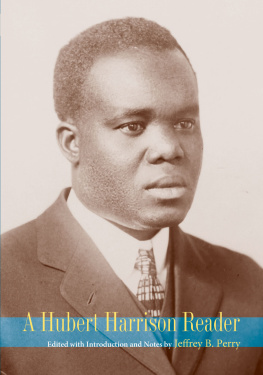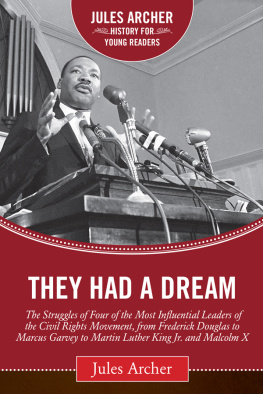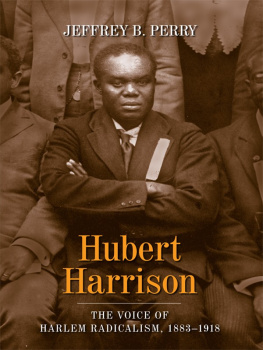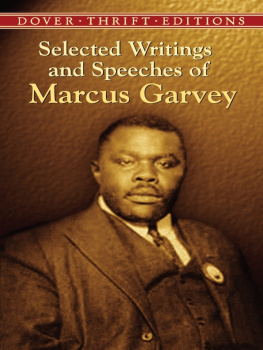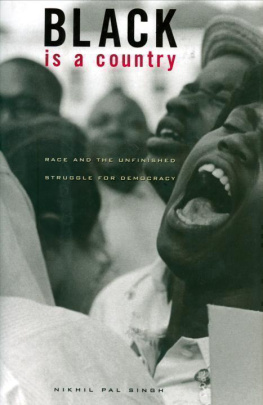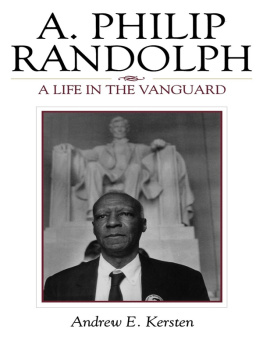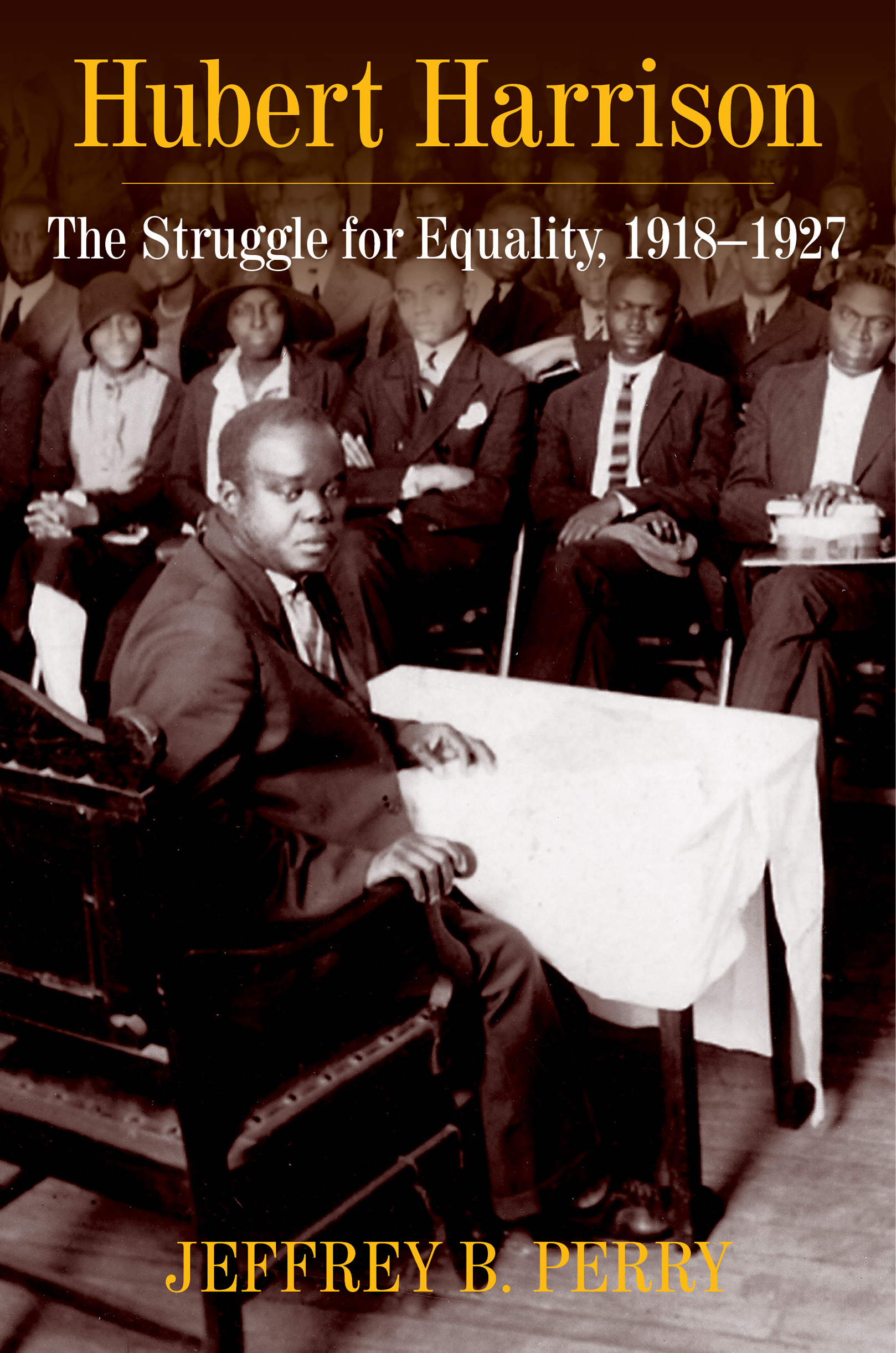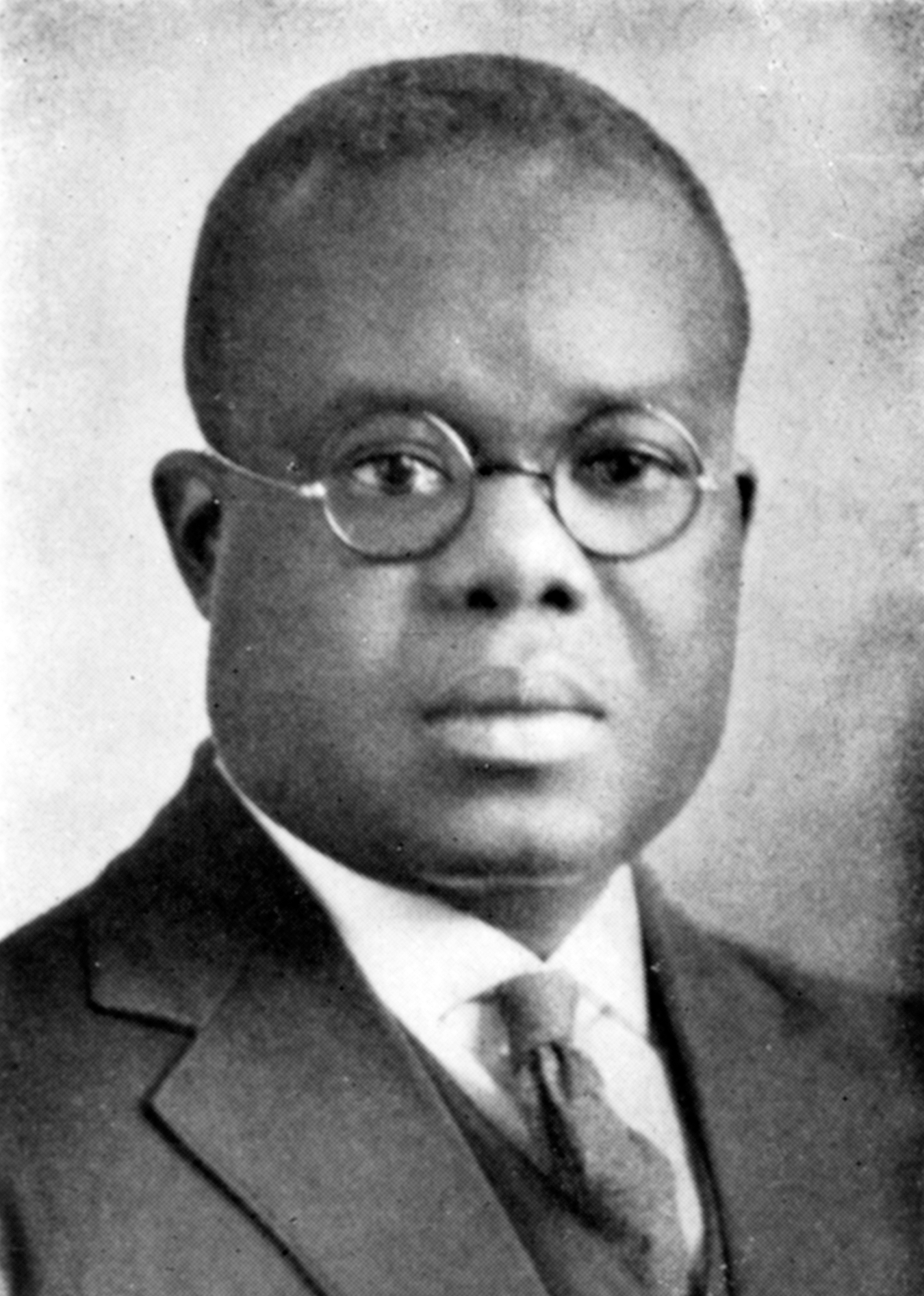Jeffrey B. Perry - Hubert Harrison: The Struggle for Equality, 1918–1927
Here you can read online Jeffrey B. Perry - Hubert Harrison: The Struggle for Equality, 1918–1927 full text of the book (entire story) in english for free. Download pdf and epub, get meaning, cover and reviews about this ebook. year: 2020, publisher: Columbia University Press, genre: Politics. Description of the work, (preface) as well as reviews are available. Best literature library LitArk.com created for fans of good reading and offers a wide selection of genres:
Romance novel
Science fiction
Adventure
Detective
Science
History
Home and family
Prose
Art
Politics
Computer
Non-fiction
Religion
Business
Children
Humor
Choose a favorite category and find really read worthwhile books. Enjoy immersion in the world of imagination, feel the emotions of the characters or learn something new for yourself, make an fascinating discovery.

- Book:Hubert Harrison: The Struggle for Equality, 1918–1927
- Author:
- Publisher:Columbia University Press
- Genre:
- Year:2020
- Rating:3 / 5
- Favourites:Add to favourites
- Your mark:
Hubert Harrison: The Struggle for Equality, 1918–1927: summary, description and annotation
We offer to read an annotation, description, summary or preface (depends on what the author of the book "Hubert Harrison: The Struggle for Equality, 1918–1927" wrote himself). If you haven't found the necessary information about the book — write in the comments, we will try to find it.
The St. Croixborn, Harlem-based Hubert Harrison (18831927) was a brilliant writer, orator, educator, critic, and activist who combined class consciousness and anti-white-supremacist race consciousness into a potent political radicalism. Harrisons ideas profoundly influenced New Negro militants, including A. Philip Randolph and Marcus Garvey, and his work is a key link in the two great strands of the Civil Rights/Black Liberation struggle: the labor- and civil-rights movement associated with Randolph and Martin Luther King Jr. and the race and nationalist movement associated with Garvey and Malcolm X.
In this second volume of his acclaimed biography, Jeffrey B. Perry traces the final decade of Harrisons life, from 1918 to 1927. Perry details Harrisons literary and political activities, foregrounding his efforts against white supremacy and for racial consciousness and unity in struggles for equality and radical social change. The book explores Harrisons role in the militant New Negro Movement and the International Colored Unity League, as well as his prolific work as a writer, educator, and editor of the New Negro and the Negro World. Perry examines Harrisons interactions with major figures such as Garvey, Randolph, J. A. Rogers, Arthur Schomburg, and other prominent individuals and organizations as he agitated, educated, and organized for democracy and equality from a race-conscious, radical internationalist perspective. This magisterial biography demonstrates how Harrisons life and work continue to offer profound insights on race, class, religion, immigration, war, democracy, and social change in America.
Jeffrey B. Perry: author's other books
Who wrote Hubert Harrison: The Struggle for Equality, 1918–1927? Find out the surname, the name of the author of the book and a list of all author's works by series.

